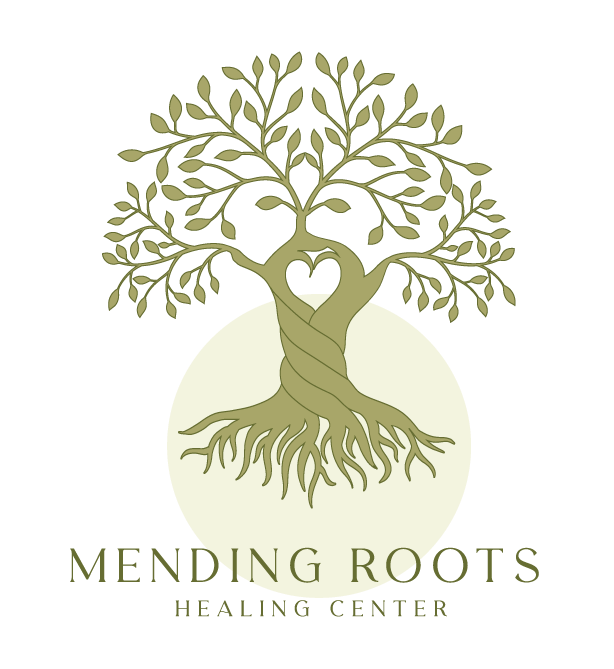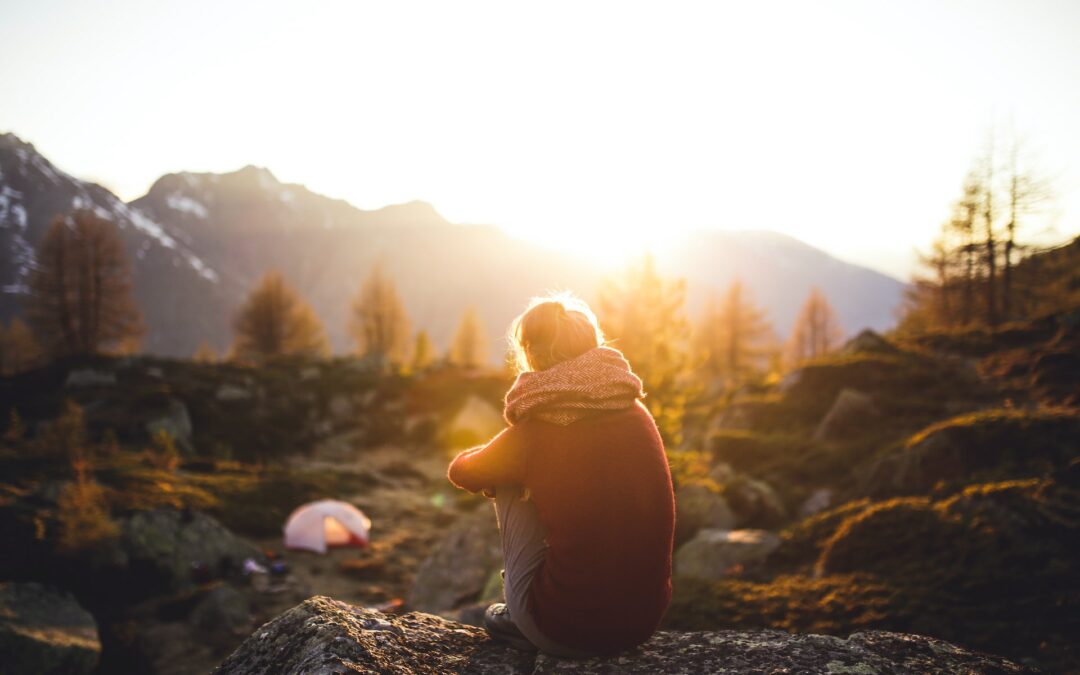I missed my sister’s wedding this past weekend.
I was packing my bag and triple-checking the location of my passport when I got the news that scientists had detected the Omicron variant in South Africa (my destination). Chaos and frantic Googling ensued. Should I still go? Should I stay? What is the most socially responsible decision? The universe made my decision easier when I got a notification that my flights were canceled. This long-anticipated trip to family and love and lots of tea was indefinitely postponed, and I was going to miss the wedding. The deep heartache was instantaneous: I cried seven times (no joke!) over the next 24 hours.
I have looked forward to this celebration for ages. Is missing out on a wedding the greatest loss that has occurred during the pandemic? Absolutely not. But it is still a loss. And as someone who prioritizes showing up for her people, it feels like a significant one to me. The weight of disappointment feels heavier due to all the other losses, remarkable and otherwise, that have accumulated in my life over the past 22 months. I know I am not unique in this experience.
We all have faced Covid-related deprivation and damage these past two years. Many of you have lost loved ones to Covid. Some of you lost loved ones to other incidents and couldn’t say goodbye. Perhaps you are still reckoning with loss of taste or brain fog due to experiencing Covid yourself. Maybe you gave birth in a hospital alone. Some of you are still waiting on necessary operations that got postponed. Perhaps you lost a job. Maybe your favorite local coffee shop closed down. Many of you severed ties with family or friends due to vastly different value systems. Maybe you just miss shaking hands or taking public transportation without the fear of “what if?” looming over you. And almost everyone has missed out on gatherings: birthdays, high school graduations, funerals, holidays, kindergarten plays, concerts…the list is endless.
What I am trying to say is this: no one is coming out of this thing unscathed. We have all experienced numerous losses, and the undoing is not over yet. We are simultaneously facing individual and communal suffering on a massive scale. 5.31 million deaths worldwide at the time of writing. How do we even begin to fathom that kind of sorrow? I’m not sure that many of us are sufficiently tending to our own grief, so how can we possibly make space for the heartache of our communities, our world?
In my work as a therapist (and let’s be honest, as a regular human), I bump into comparative suffering a lot. I witness my clients deny themselves the space to tend to various wounds because someone else has had it worse. They have convinced themselves that they have no right to complain, feel, or need. My loves, I call bullshit. Losses – both great and small, unimaginable and manageable – matter. We carry our grief, disappointment, and stress in our bodies. Big things leave a mark. Little things build up over time. We’re not doing anyone a favor by dismissing our hurt.
A quick caveat: I think it is vital to know your audience. Not every space is ours to unload our stuff (e.g., we don’t want to be “that person” who goes on and on about not being able to go to the movies when the person they’re talking to just lost a partner to Covid). It’s helpful to practice some awareness regarding when and how we process our pain. Find your setting and your people.
Okay, so context is important. And also: What might it look like if we allowed ourselves to grieve all of the things – even the little stuff? How much more empathy and grace might we have for ourselves and others? I can meet you in your pain when I have validated my own. Otherwise, it’s way too easy to compare and judge.
I often remind my clients and myself that grieving doesn’t appear any single way. Not only do we as individuals experience grief differently from each other, but the way we encounter our grief can look different from moment to moment. And grieving the loss of something (a person, a relationship, an experience) doesn’t have to solely consist of painful emotions. It can also include moments of laughter, reflection, and gratitude. By asking you to allow yourself to grieve what you have lost, I’m not asking you to commit to sobbing for multiple hours each day (but do that if you need to!). I’m asking you to pay attention to your grief. Notice how it shows up in your feelings, thoughts, reactions, interactions, and body. Name it. Don’t stifle it. Let it show up in the way that it needs to. And then find ways to tend to it.
Sometimes tending to our grief just looks like us allowing it to exist next to us while we wash the dishes or brush our teeth. Other times, it looks like creating a ritual to honor it. You might have cultural traditions that help you mourn. You can also create something unique that feels authentic to you and the situation. In addition to crying, grieving my canceled trip has looked like drinking copious amounts of tea (an obsession I share with my sister), writing notes that I will someday hand to her and her partner, and listening to a playlist that helps me tune in and process the abundance of emotions I am currently navigating. It’s okay to get creative.
Finally, this work doesn’t need to happen in isolation. I have a small circle of humans who I have lamented with over the past two years. We’ve taken turns making space for each other’s pain and disappointment. I don’t know where I would be without these relationships. And with the collective loss that we are encountering in our local and global communities, I think it’s worth us finding ways to grieve together in a meaningful way. The only way through it is through it, and we aren’t meant to go it alone.
And so, beautiful humans: go forth and grieve! Stop telling yourself that you’re fine. We’re not fine! But there is hope. Because when we make space for our sorrow, we make space for our joy.

